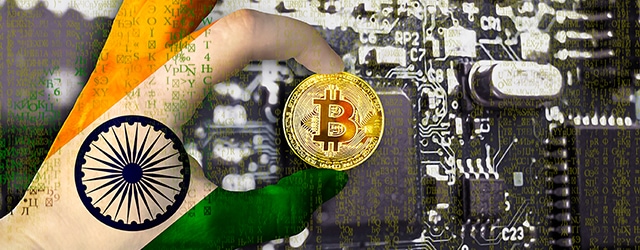India allows some crypto technologies but not others.

The growth of cryptocurrency has been a headache for the Reserve Bank of India (RBI). Considering the risks of digital currencies—as a conduit for illegal transactions or for fleecing inexperienced investors—last year RBI prohibited private cryptocurrency exchanges in India.
Still, given the potential for tracking illegal payments and tax evasion, RBI set up a group to study the practicality of sovereign digital currency, but so far has no plans to introduce one. “Digital currencies are unknown waters which have to be tested before taking a dive,” says Vineet Ojha, a manager in valuation services at Vinod Kothari Consultants. “The instability of the economy due to the liquidity crisis in the banking, financial services and insurance sectors are holes that should be filled before embarking on such an ambitious project.”
RBI has recently introduced tokenization, a blockchain variation that can be used to carry out card transactions without revealing the details of the cardholder. Tokens could be a precursor to digital currency.
“I believe RBI has a strong motive for digital currency and it has started easing into it by the introduction of crypto tokens,” Ojha says.



